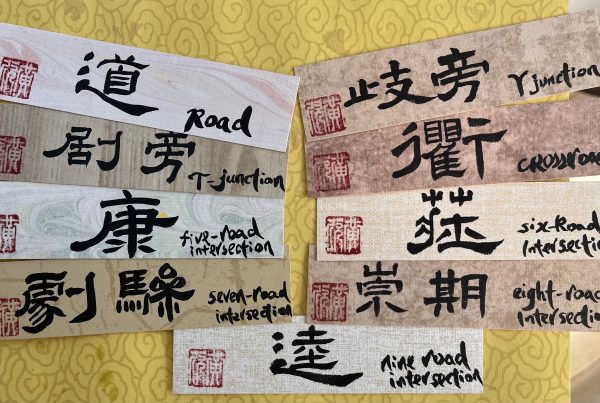In Lisa Genova’s enlightening TED talk on preventing Alzheimer’s disease, she emphasizes the significance of continually learning new things as a means to fortify the brain against the disease. Genova, a neuroscientist and author, illustrates how engaging in novel and challenging activities can lead to the creation of new neural connections, effectively building a robust neural network. She explains that Alzheimer’s disease is characterized by the accumulation of amyloid plaques and tau tangles, which disrupt communication between neurons, leading to memory loss and cognitive decline.
However, Genova offers hope by explaining that while we may not be able to eliminate these plaques and tangles entirely, we can still take proactive steps to protect our brain. By learning new skills—such as a musical instrument, a foreign language, or any other complex task that requires active engagement—we stimulate the brain’s ability to form new synapses. This process of synaptic growth enhances cognitive reserve, which can help maintain mental function despite the pathological changes associated with Alzheimer’s.
According to Genova, engaging in routine and repetitive tasks does not yield the same benefits as they fail to adequately stimulate the brain. To truly enhance cognitive resilience, one must venture beyond one’s comfort zone and immerse oneself in unfamiliar, intellectually demanding activities. For example, learning the Chinese language and practising the art of Chinese soft brush calligraphy can serve as an intellectually stimulating and unfamiliar pursuit, particularly for Westerners.
The journal article titled “Cognitive-Neural Effects of Brush Writing of Chinese Characters” explores the impact of learning and practicing the art of Chinese calligraphy on the brain’s structure and function. The study reveals that this intricate skill, which requires precise hand-eye coordination, spatial reasoning, and memorization of stroke order, engages multiple cognitive domains and leads to the strengthening of neural circuits in the brain.
Drawing a connection to Lisa Genova’s TED talk on Alzheimer’s prevention, the practice of brush writing can be seen as an ideal example of the type of new skill that Genova recommends taking up to protect against cognitive decline. As participants learn to write Chinese characters, they are not only learning a new visual language but also engaging in a complex sensory-motor activity that is both novel and challenging. This can potentially lead to the formation of new neural synapses, similar to the synaptic growth that Genova describes as beneficial in building cognitive reserve.
As we embark on the journey into 2024, why not explore the art of Chinese traditional calligraphy? It presents a wonderful opportunity to stimulate brain activity and ignite your creativity. For more information, feel free to reach out to the calligratherapy website.

